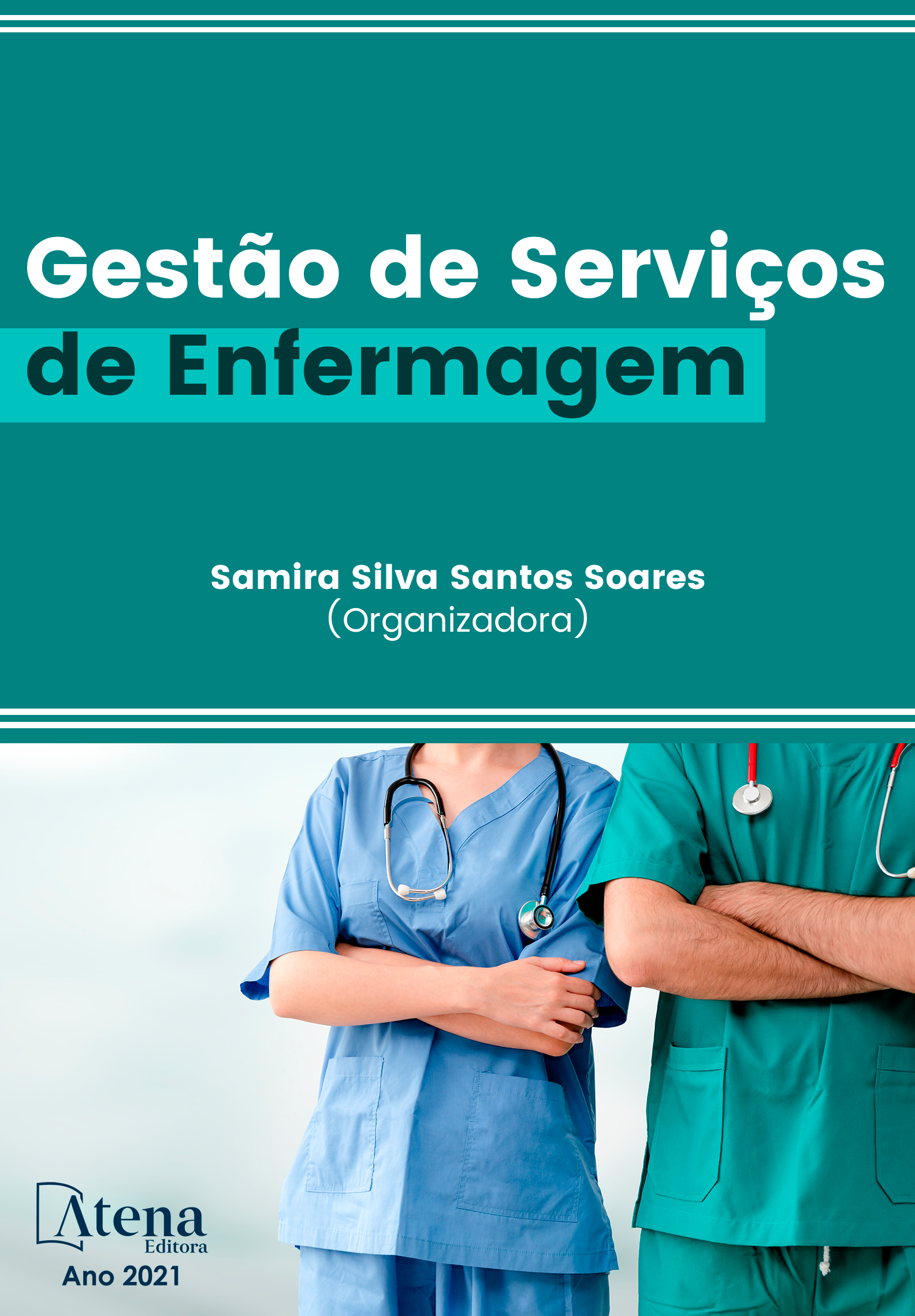
IDENTIFICAÇÃO DAS OCORRÊNCIAS QUE NÃO GERARAM ATENDIMENTO DO SAMU
Introdução: O Serviço Atendimento Móvel de Urgência (SAMU), favorece a organização de redes de atenção, por meio das centrais de regulação de atendimento. Objetivo: Identificar as ocorrências que não geram atendimento de saúde no SAMU. Metodologia: Estudo quantitativo retrospectivo realizado na Central de Regulação de Urgência e Unidades Móveis do SAMU de São Luís, Maranhão, Brasil. Utilizado dados de fonte secundária, coletados por meio de registros da Ficha Individual de Regulação Médica do SAMU. Aprovado pelo Comitê de Ética em Pesquisa da Universidade Federal do Maranhão (UFMA), nº 2.935.029. Resultados: A amostra foi composta de 140 ocorrências que não geraram atendimento durante o ano de 2017. Observou-se maior prevalência da ocorrência “Não se encontra no local” com 35 (25%) a qual se refere à informação errada do endereço da vítima ou pela evasão da mesma do local. A ocorrência “Remoção antecipada do local” apresentou 32 (22,9%), quando o SAMU chega ao local, mas a vítima já foi removida por terceiros ou por outro atendimento móvel. O “Pedido cancelado” atingiu 27 (19,3%) que corresponde às ocorrências que tiveram a solicitação cancelada. As ocorrências “Falso aviso” (trote) e “Recusou atendimento” alcançaram ambas 23 (16,4%). Conclusão: Torna-se fundamental a sensibilização da população sobre a importância em acionar o SAMU, somente em caso necessário, a fim de evitar prejuízos para o serviço e para as vítimas.
IDENTIFICAÇÃO DAS OCORRÊNCIAS QUE NÃO GERARAM ATENDIMENTO DO SAMU
-
DOI: 10.22533/at.ed.05321230423
-
Palavras-chave: Emergências. Morbidade. Assistência Pré-Hospitalar
-
Keywords: Emergencies. Morbidity. Pre-Hospital Care.
-
Abstract:
Introduction: The Mobile Emergency Care Service (SAMU) favors the organization of care networks through the centers of care regulation. Objective: To identify the occurrences that do not generate health care in the SAMU. Methodology: Retrospective quantitative study conducted at the Emergency Regulation Center and Mobile Units of the SAMU of São Luís, Maranhão, Brazil. Data from secondary sources were collected through records from the Individual Medical Regulation Form of THE SAMU. Approved by the Research Ethics Committee of the Federal University of Maranhão (UFMA), no. 2,935,029. Results: The sample consisted of 140 occurrences that did not generate care during 2017. A higher prevalence of the occurrence "Is not on site" was observed with 35 (25%) which refers to the wrong information of the victim's address or the evasion of the victim from the site. The occurrence "Early removal of the site" presented 32 (22.9%), when the SAMU arrives at the site, but the victim has already been removed by third parties or by other mobile care. The "Cancelled Order" reached 27 (19.3%) that corresponds to the occurrences that had the request canceled. The occurrences "False warning" (hazing) and "Refused care" reached both 23 (16.4%). Conclusion: It is essential to sensitize the population about the importance of triggering the SAMU, only if necessary, in order to avoid damage to the service and to the victims.
-
Número de páginas: 7
- Bruna Cristina Silva Andrade
- Leidiane Silva Pereira
- Joana Emely da Silva Silva,
- Renata Layssa Ferreira da Silva
- Carlos Alberto Campos Júnior
- Patrícia Ribeiro Azevedo
- Flávia Danyelle Oliveira Nunes
- Rosilda Silva Dias,
- LÍSCIA DIVANA CARVALHO SILVA


